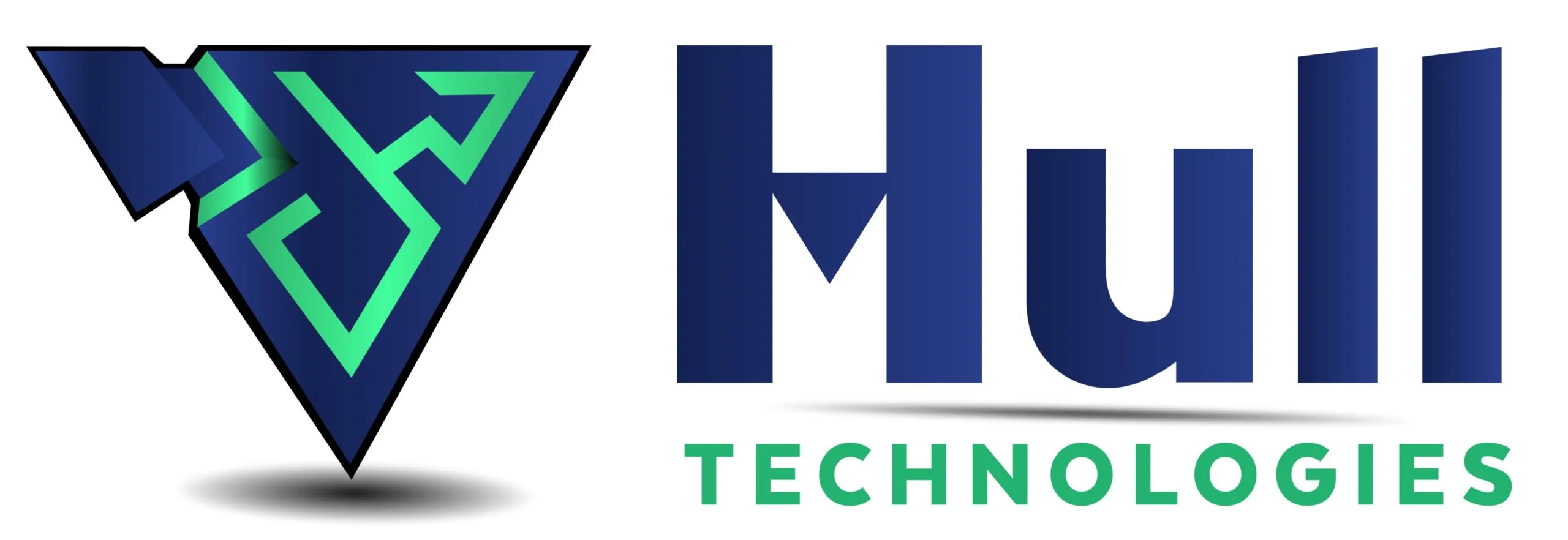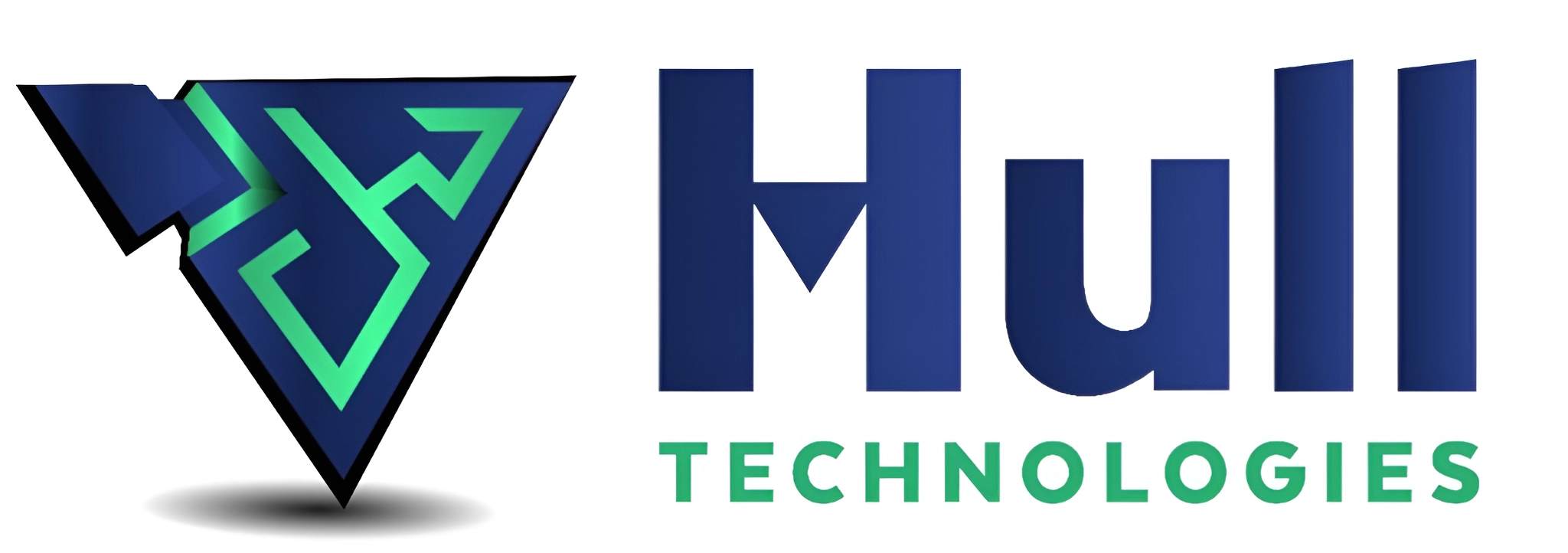Today’s world is fast-paced and technologically driven; the imperative of digitally adapting and transforming businesses cannot be overstated where Enterprise Resource Planning (ERP) emerges as a powerful solution, aimed to harmonize and automate various facets of organizations, particularly those with a global footprint. ERP systems are complex and powerful tools that can transform how organizations manage their business processes to achieve their financial and growth goals.
Even though ERP solutions promise many benefits, it cannot be ignored that ERP implementations come with a set of ERP challenges and ERP myths, which must be handled at the organizational level, to ensure enhanced effectiveness and a smooth implementation process.
- ERP is Only for Large Corporations: While ERP systems are often associated with large enterprises, many ERP solutions are scalable and can be tailored to fit the needs of small and mid-sized businesses. ERP is not exclusive to big corporations. In fact, a different ERP product is almost always available in the ERP brand suites.
- ERP is Only for Manufacturing Companies: ERP systems were originally developed for manufacturing companies, but modern ERP solutions encompass a wide range of industries, including retail, healthcare, finance, and services.
- ERP Solves All Problems: ERP can greatly improve efficiency and streamline processes, but it’s not a magic solution that solves all organizational problems. It’s a configurable tool that needs to be used effectively, and it may require ongoing adjustments and improvements.
- ERP is Too Expensive: While ERP implementations can be costly, they are an investment that can provide significant long-term benefits in terms of efficiency, cost reduction, and competitive advantage. The cost varies depending on the scope and complexity of the ERP project.
- One-Size-Fits-All ERP Solutions Exist: ERP solutions are highly scalable and customizable, but no single solution is perfect for every organization. Customization is often required to align the ERP system with an organization’s unique processes and needs.
- ERP is Just an IT Project: ERP implementations should not be viewed solely as IT projects. They are business transformations that require collaboration across various departments, including finance, operations, HR, and IT.
- ERP is Only About Software: ERP includes software, but it also encompasses business process reengineering, data migration, training, and change management. It’s a holistic approach to improving how a business operates.
- ERP is Static: ERP systems can and should evolve over time to adapt to changing business needs and technologies. They should be viewed as dynamic tools that require ongoing maintenance and optimization. Organizations should consider process automation to take full advantage of the ERP solutions.
- Cloud ERP is Less Secure: Cloud-based ERP systems are often as secure, if not more secure, than on-premises solutions. Cloud providers invest heavily in security measures and have teams dedicated to safeguarding data.
- ERP Eliminates the Need for Skilled Employees: ERP systems enhance productivity and decision-making, but they don’t replace skilled employees. Skilled professionals are still essential for managing, configuring, and optimizing the ERP system.
- ERP Doesn’t Require Training: Training is crucial for employees to effectively use an ERP system. Lack of training can lead to resistance and underutilization of the system.
- ERP Solves Cultural and Organizational Issues: ERP can expose cultural and organizational issues, but it doesn’t inherently resolve them. Addressing these issues often requires additional efforts beyond ERP implementation.
To achieve successful ERP implementations, organizations should have realistic expectations and invest in change management strategies, employee training, and effective communication. By addressing concerns, offering support, and involving key stakeholders, organizations can reduce resistance to ERP adoption and maximize its benefits.
Microsoft Dynamics 365 is a suite of enterprise resource planning (ERP) and customer relationship management (CRM) software applications designed to help organizations streamline their business processes and improve overall efficiency.
We at Hull Technologies, provide implementation and support for Microsoft Dynamics 365 – Finance and Operations for large organizations, as well as Microsoft Dynamics 365 – Business Central for SMEs.
Contact Us today to explore options that may be best suited for your organization.



